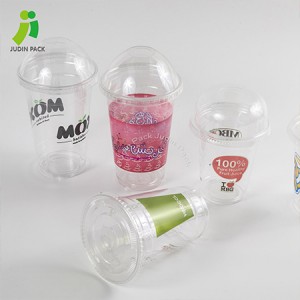You probably know that tea and coffee contain caffeine, but did you know it also can be found in other drinks, food and some medications? You're not alone if you depend on caffeine t o help you concentrate or be alert. About 90% of U.S. adults consume a form of caffeine every day, according to the American Heart Association.
Caffeine content in beverages widely varies. For most adults, consuming up to 400 milligrams of caffeine daily does not have adverse side effects. Depending on the type of beverage, that can be roughly four cups of brewed coffee, 10 cans of cola or two energy shot drinks. Lid For Salad Bowl

Adolescents and young adults must be cautious when drinking caffeine, and children should avoid it altogether. People who are sensitive to caffeine's effects or take certain medications should avoid consuming too much caffeine. People who are pregnant, want to become pregnant or are breastfeeding should talk with their healthcare team about caffeine consumption.
If you reach for different types of beverages throughout the day, you may be drinking more caffeine than you realize. With a cup of coffee or tea with breakfast, a soda in the afternoon and a piece of chocolate after supper, caffeine is part of your daily eating habits.
Caffeine also can hide under some names that are less recognizable. Energy drinks have additives that contain caffeine to enhance the effects of the drink. Knowing about these additives can help you avoid consuming more caffeine than you thought, so be sure to check labels before you buy.
Caffeine in powder or liquid form can be particularly dangerous. The Food and Drug Administration has warned that high levels of caffeine can cause serious health problems. One teaspoon of powdered caffeine is the same as drinking 28 cups of coffee, which is significantly more than the recommended level.
If caffeine becomes more of a hindrance than a help, you may want to consider cutting back. This can be challenging because an abrupt decrease can cause withdrawal symptoms like headaches, fatigue and difficulty focusing.
Contact your primary care provider for guidance or evaluation if you're struggling with persistent or severe caffeine withdrawal symptoms.

White Paperboard Straw Brian Burroughs is a physician assistant in Family Medicine with special interest in headache treatment, in Red Wing, Minnesota.